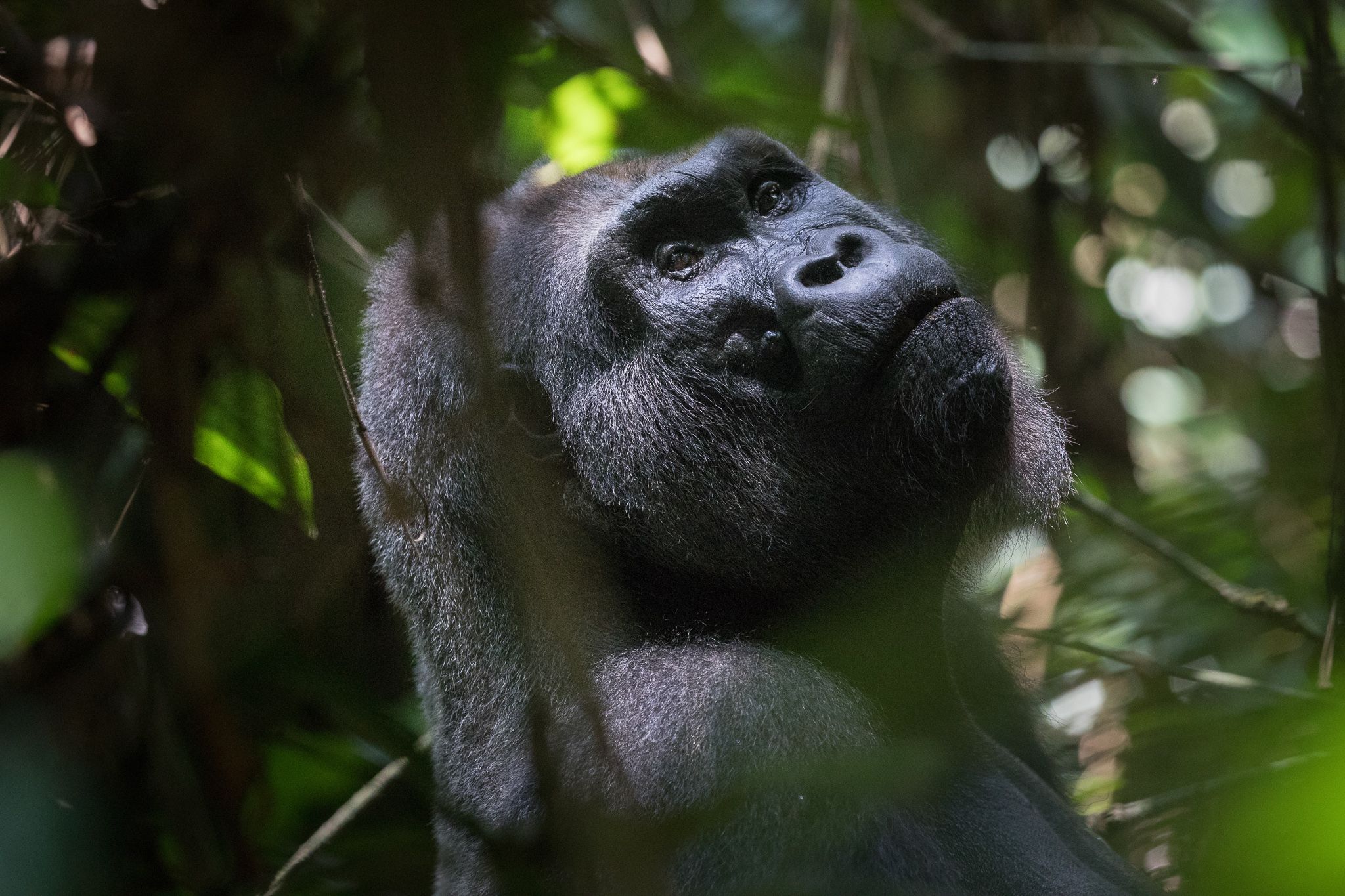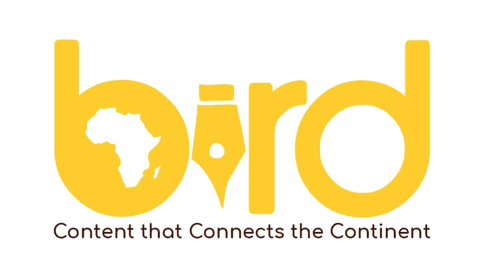Nouabalé-Ndoki National Park is officially the world's first certified gorilla-friendly park. The achievement not only sets up the park, situated in Congo Republic, for more funding but also highlights the growth of public-private partnerships in wildlife conservation.

Bonface Orucho, bird story agency
Nouabalé-Ndoki National Park in the far north of the Republic of Congo has become the world's first certified gorilla-friendly park, according to a joint statement by two international wildlife organisations. According to the organisations, the award to the park, which lies at the heart of the Congo Basin, is a testament to the success of collaborations between government and the private sector in wildlife conservation.
This milestone was announced on September 28 by The Wildlife Friendly Enterprise Network and the Wildlife Conservation Society, who hailed it as a "first-of-its-kind globally."
“It proves that the Nouabalé-Ndoki National Park's management follows the IUCN Best Practice Guidelines for Great Ape Tourism and incorporates Global Sustainable Tourism Council criteria for sustainable tourism as Nouabalé-Ndoki National Park develops its tourism offering,” the statement outlines.
Spanning over 4,000 square kilometres, Nouabalé-Ndoki National Park is an example of an untouched ecosystem in the Congo Basin, according to the statement, and remains free from logging and roads, providing a sanctuary for wildlife largely undisturbed by human presence. This expanse is part of the Sangha Tri-National Forest Landscape, which has been nominated for UNESCO World Heritage Site status since 2012.
The Gorilla Friendly Certification Program, initiated by the International Gorilla Conservation Program (IGCP), is a collaborative effort involving Conservation International, Fauna & Flora International, and the World Wide Fund.
In the wake of this recognition, the park is set to receive more tailored yet enhanced support, particularly directed towards the protection of gorillas, an umbrella species whose safeguarding benefits numerous other plants and animals.
The park is home to lowland gorillas, including western lowland gorillas, a subspecies classified as critically endangered, with data from the IUCN revealing there are fewer than 150,000 of the species remaining, earning them a spot on the IUCN’s Red List.
A 2018 IUCN-sponsored study found that nearly 20% of the initial population of the species was lost to poaching and disease between 2005 and 2013. Even more alarmingly, more than 80% of their population has been lost over the past three generations.
The situation for eastern lowland gorillas is even more dire, with numbers plummeting by over 50% since the 1990s, when their population stood at 17,000. Gorillas.org attributes the drop to habitat loss. Projections from the IUCN indicate that they now inhabit only about 13% of their historic range.
More fundamentally, the certification of Nouabalé-Ndoki National Park stands as a testament to the efficacy of conservation efforts using the private-public partnership (PPP) model. The park has been managed through a public-private partnership model since 2014, when the Republic of Congo and the Wildlife Conservation Society entered into a partnership and established the Ndoki Foundation as the park's managing authority.
Alpheaus Litheko, a South African researcher and tourism expert, explained that PPPs are ideal in Africa as they strike a balance between economic development and conservation.
"Advancing sustainability while managing protected areas raises new challenges, such as how to reach a balance between economic development and conservation," he explains.
Across the border from the Congo Republic, in the Democratic Republic of Congo, several national parks, including Kundelungu, Upemba, Salonga, Virunga, Okapi, and Garamba, are similarly run under this model under different deals with diverse nonprofits.
According to a 2021 World Bank report, over 15 countries in Africa are now co-managing protected areas with private organizations, and the impact of these partnerships continues to grow.
Rwanda provides a striking example of the positive outcomes of such partnerships. Mountain gorillas, a subspecies on the brink of extinction in the early 1990s, have rebounded, with their current numbers surpassing 1000. This remarkable recovery can in part be attributed to numerous shared management partnerships between the government and private organizations.
The 2023 Wildlife Economy Investment Index report, unveiled at the Business of Conservation Conference in August, ranked Rwanda 6th in wildlife conservation in Africa.
In addition to conventional public-private partnership models involving the establishment of managing authorities, new and innovative models have emerged in recent years.
The Wildlife Conservation Bond is one. This World Bank-backed initiative rolled out in 2022 and is a five-year bond involving multiple stakeholders. According to the World Bank’s Marie Nelly, the bond taps into capital markets to raise funds from private investors without adding to sovereign debt.
The trend is anticipated to gain further momentum, particularly after some of Africa’s largest financial institutions launched a "Nature Voices Pledge" on the sidelines of the Africa Climate Summit recently held in Nairobi.
The pledge, a commitment to invest in conservation and biodiversity restoration, brought together major African and global financial institutions such as Standard Chartered, KCB, Equity Bank, Ecobank, Access Bank, DBSA, Zanaco, FirstRand, Investec, Sanlam, Old Mutual, CalBank, ICEA LION, and Fidelity Shield.
However, as Litheko underscores, it is imperative for governments to formulate and implement a definitive and practical policy response on how best to regulate PPP transactions for the benefit of all stakeholders.
“An inclusive strategy from formulation to implementation and a management plan will foster the achievement of sustainable development goals and promote procedures that will facilitate the participation of local communities,” he said.
bird story agency





